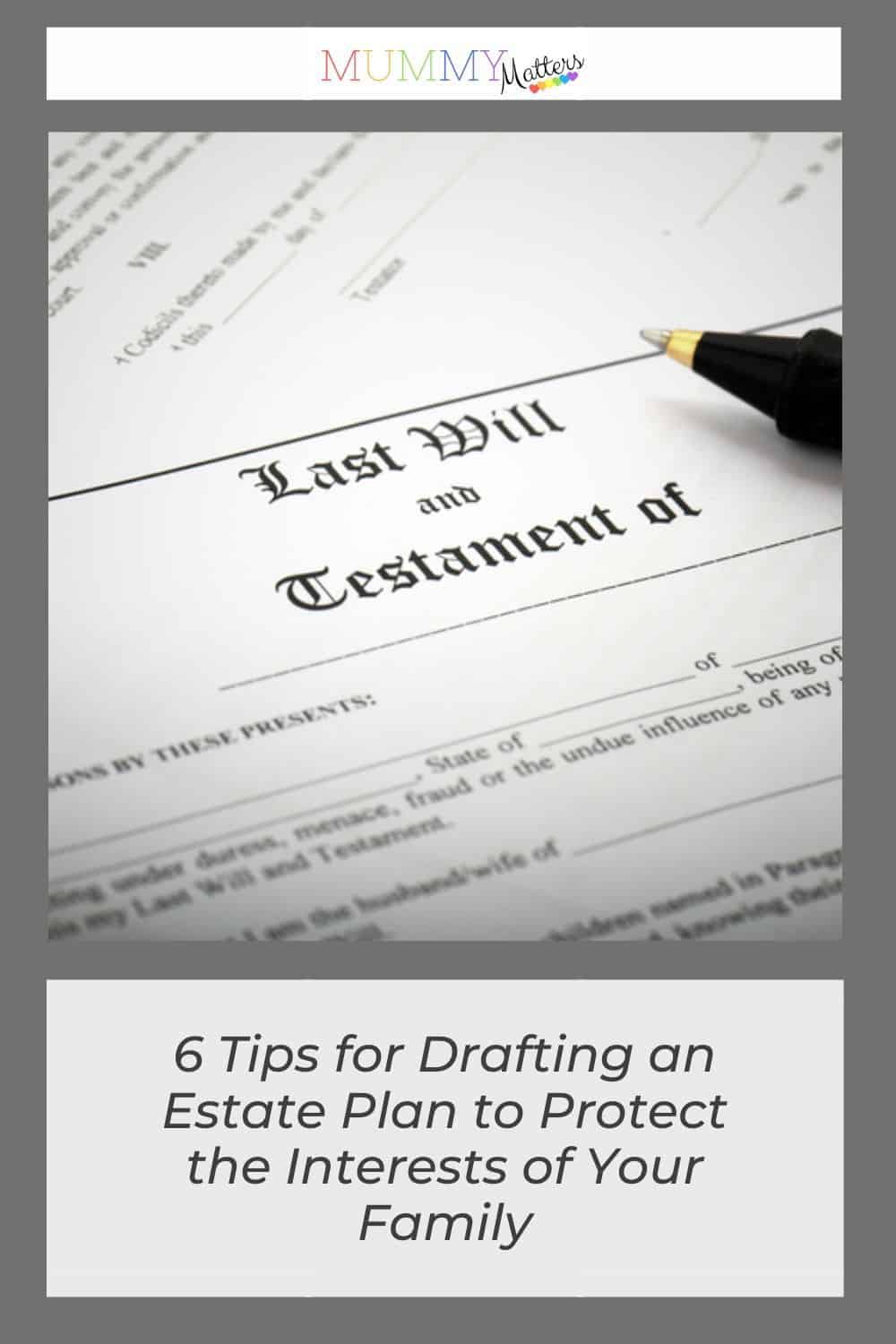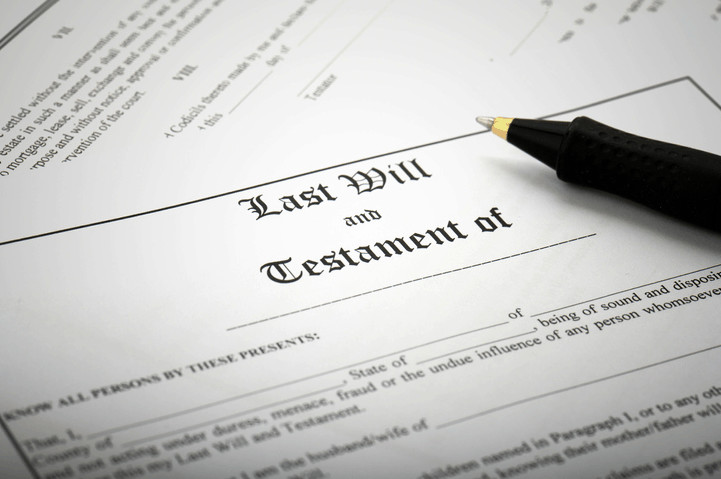From a very early age, we aspire for a good life. Our list of needs and wants to continue to grow. Most of us work a lifetime to create assets – from cars to real estate to jewellery. All the assets you own and other assets you have a controlling interest in are considered the estate.
Having assets under your name means managing them when you are alive and even after your death. Without the proper documents, the task of settling your affairs in your life or after your death becomes complicated. So having a plan in place will protect your and your family’s interests.
What should you do?
Whether you are talking about a small holding in Scotland or sizeable Texas real estate, drafting an estate plan is the right thing to do. Not only does this allow you to provide for your surviving spouse and children, but it’s also necessary to preserve family wealth.
Estate planning involves drafting a plan about how assets should be managed and distributed after an individual’s death. It has clear instructions for your family members to manage the estate, as well as the settling of estate taxes.
However, estate planning is also crucial in the event of a person becoming incapacitated. It helps outline your wishes regarding your health, management of properties, finances, and more, while you are still alive.
If your estate includes business and business premises, then you’ll need to seek the advice of a commercial lease attorney who will handle your estate.
Who needs an estate plan?

Estate plans are important for everyone. It’s not something that only the aged or wealthy should worry about. People are often concerned that their assets won’t be given to the right people after their death. An estate plan is beneficial as it:
- Clearly outlines the division of assets.
- Ensures that your loved ones receive your assets
- Reduces conflicts among family members
- Minimises taxes and legal expenses
An estate plan becomes even more beneficial if you:
- Have many dependents
- Your children are minors and aren’t mature enough to inherit
- Have been married more than once and have children from multiple marriages
- Have assets in several states
- Have specific wishes regarding various aspects of your health and property
- Want to donate your assets to charity
So, when drafting an estate plan at Trust & Will, you need to be mindful of the following things:
1. Take an inventory of your assets
Drafting an estate plan begins with making a list of all your assets. It includes everything you own, such as a car, real estate, paintings, antiques, stocks, securities, etc.
You also need to add your bank accounts, brokerage accounts, 401(k) plans, life insurance policies, disability/health insurance, etc. Mention the location of all your physical assets and the contact information of the firms holding non-physical possessions.
2. Letter of Intent
A letter of intent is simply a document that informs the executor or beneficiary of what happens to a particular asset after your death or incapacitation. Although a letter of intent isn’t a legal document like a will, it can help inform a probate judge about your intentions.
They may contain details such as legislating what happens to the children under certain circumstances or particulars concerning funeral arrangements.
3. Power of Attorney

Giving someone a power of attorney (POA) means that you authorise them to act on your behalf regarding the matter of estate. It can be a spouse, family member, friend, or trusted advisor.
The purpose of a POA is to be prepared for medical emergencies, possible cognitive decline, or any situation where you may no longer be able to make your own decisions.
If you become incapacitated and POA has not been appointed, your family may have to go to court to declare that you are incompetent before they can begin to manage your finances. Or worse, the court may choose to decide what happens to your assets if you are found to be mentally incompetent.
4. Name the beneficiaries
You would have to mention all your heirs in your estate plan. Some assets, such as a 401(k) plan or insurance plan, pass directly to the beneficiaries mentioned.
However, the named beneficiaries should be over 21 years old and mentally competent. The court may decide what happens to your funds if you don’t state the beneficiaries or a specified beneficiary has passed away.
5. Appoint guardianships
Where minors are concerned, you will need to designate a guardian in your estate plan. Otherwise, the court could order your children to live with a family member you don’t trust or even make them wards of the state.
The guardian will take care of your child if something happens to you. So make sure the person you select has the best interest of you and your kids at heart and is financially stable and willing to raise your children.
6. List your debts
From auto loans to mortgages, most people have some form of debt. These must be paid off before your estate can be distributed to your beneficiaries. The executor or administrator will be in charge of clearing debts and any final bills.
Differing regulations in every state

Like everything else, each state has different estate planning and distribution laws. Understanding the laws in place in your estate can be overwhelming. More importantly, some legalities may be overlooked, making it difficult for your heirs or agents to implement your wishes.
Therefore, it is advisable to take help from a local estate attorney. They cannot only answer any general or specific questions, but they are also aware of laws applicable in your state.
A problem may arise when you have properties in more than one state. The probate court of your resident state doesn’t have the jurisdiction to probate property in other states. It means that separate probates must be initiated in each state where one owns the property.
In that case, it is better to hire an attorney who is a legal expert in the state you have the property. For example, if you live in Albuquerque, New Mexico, but have a property in Plano, Texas, in that case to initiate the probate, you should acquire the services of an estate planning attorney in Plano who can guide you about laws relevant to Texas.
When handling something as crucial as estate planning, you should seek guidance from an established law firm that you trust. Moreover, they must have substantial knowledge of estate planning instruments and the probate process.
Final thoughts
Estate plans are more than just a legal formality that you need to take care of. Anyone who dies without an estate plan leaves the state to administer the assets.
In this case, the courts decide who gets what. This process could take years, raising fees and causing distress to the family. Your loved ones could be left out, or the state may keep the estate if a proper beneficiary is not found. It can leave your heirs with basically nothing. So being prepared is the best option.


